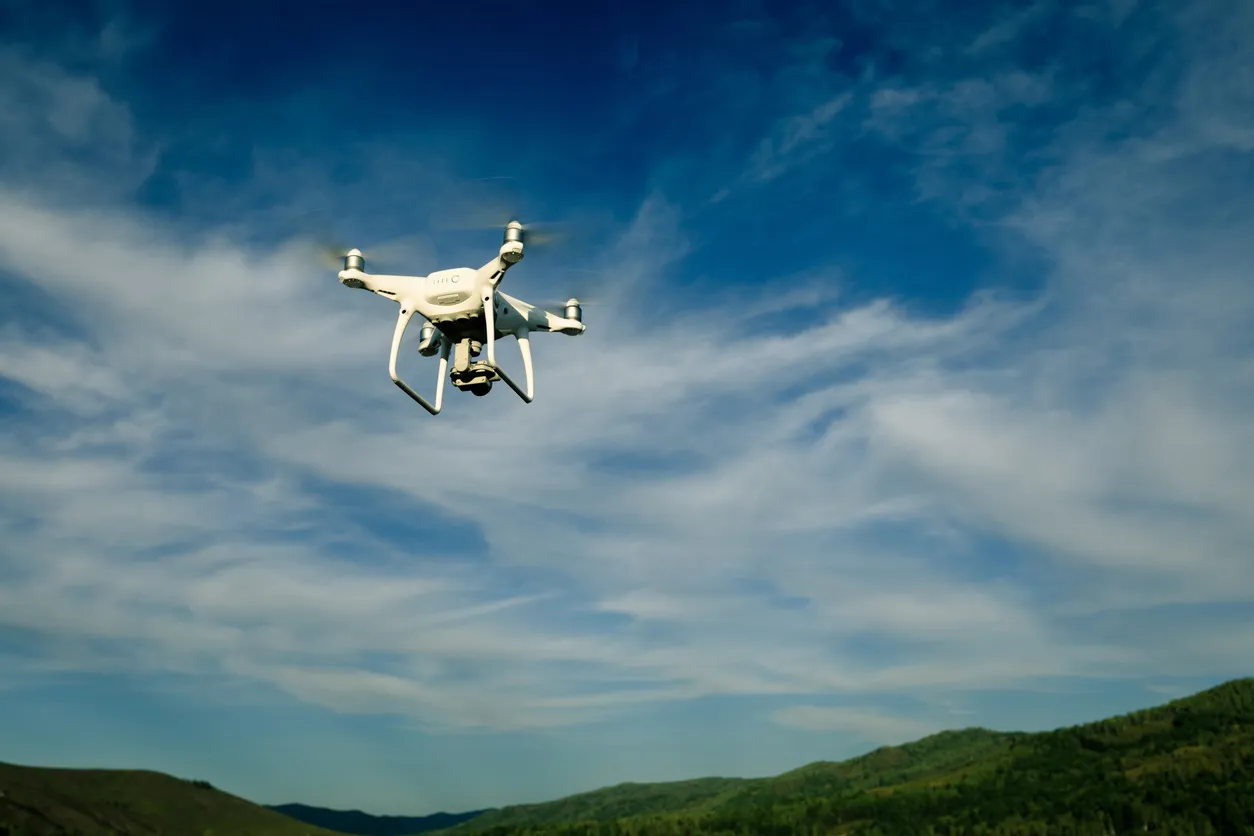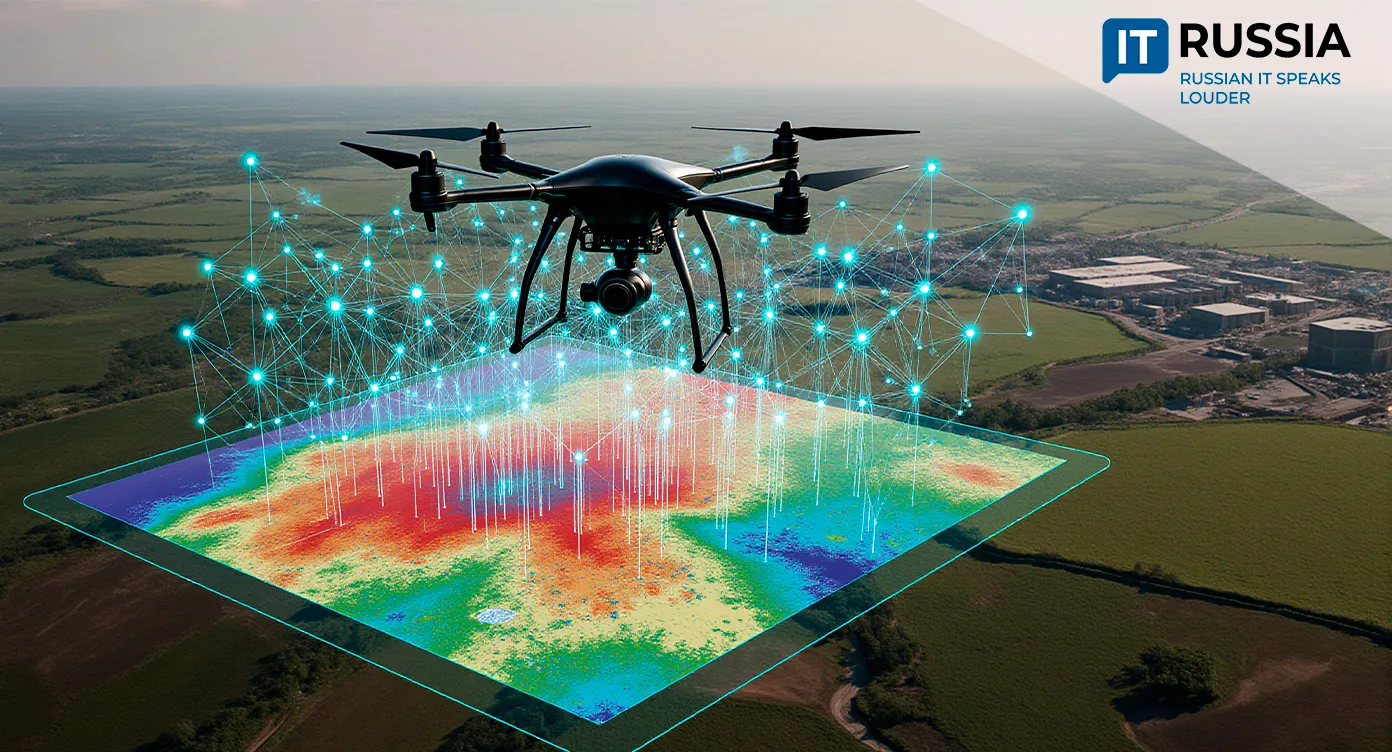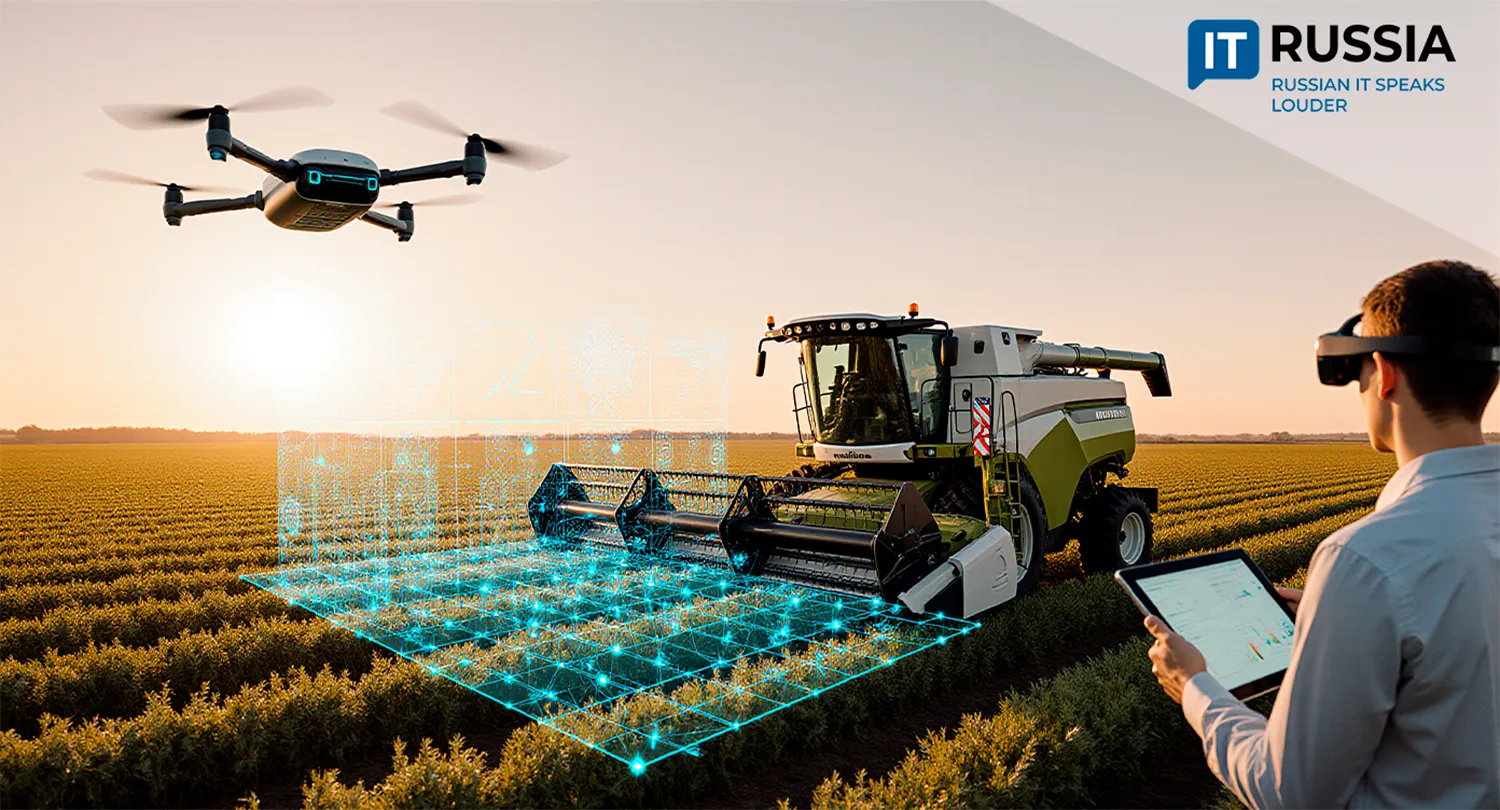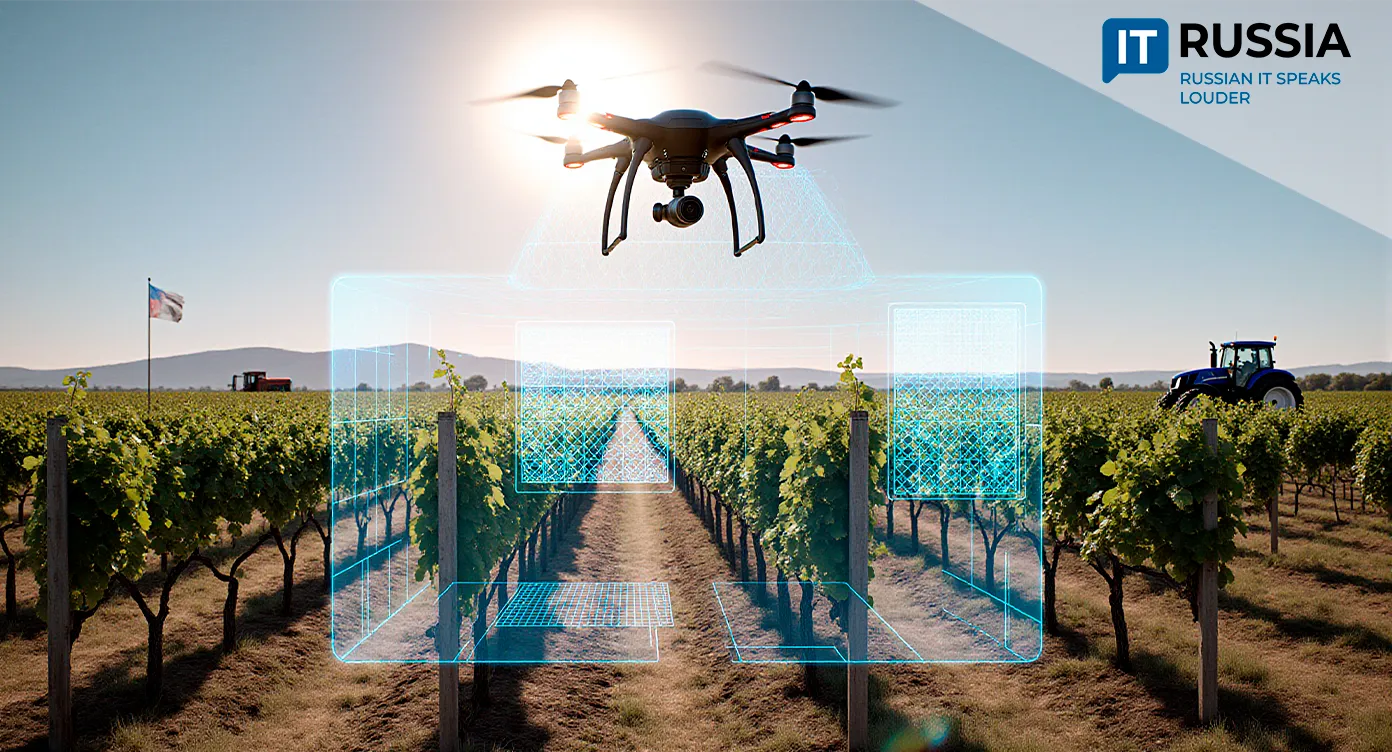Defying Weather Extremes: New Climate Demands New AgriTech
At the ICECC international conference hosted by Sirius University of Science and Technology, experts from BRICS, CIS, Asia, and Africa gathered to discuss how agriculture can adapt to climate change. Their consensus: only advanced agri-technologies can secure future food systems.
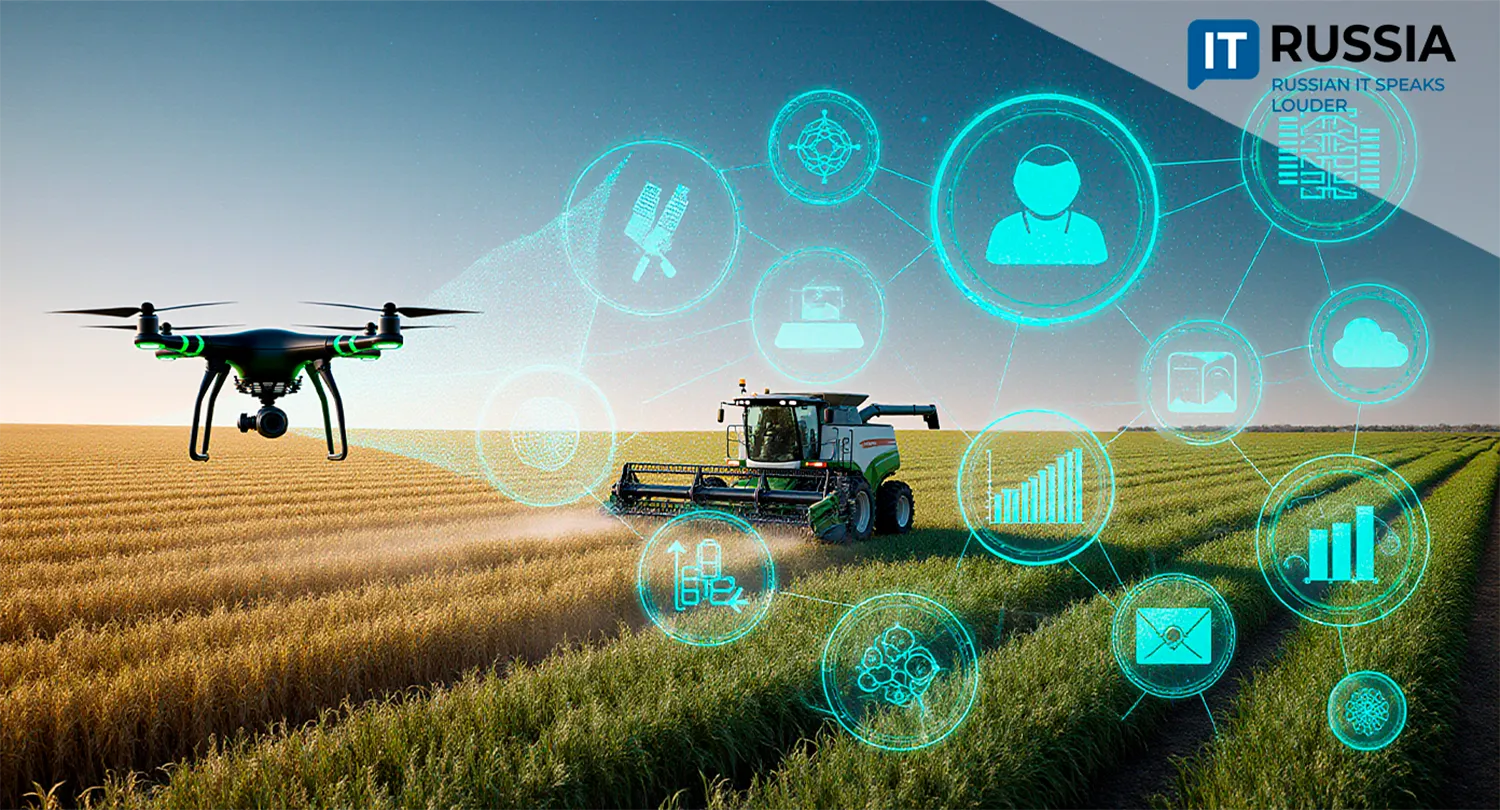
Climate Challenges
Humanity faces one of its most urgent problems—global climate change. In 2024, average global temperature was already 1.55 °C higher than in the pre-industrial era, with a margin of error of 0.13 °C. According to the UN, this was the first year global warming crossed the 1.5 °C threshold.
Beyond environmental impacts, global warming exacerbates food security concerns.
The ICECC conference in Russia drew more than 600 participants, including scientists, farmers, major agribusinesses, students, and startups. Their discussions focused on adapting agriculture to new climate realities: more frequent droughts, storms, extreme heat, and other severe weather events.
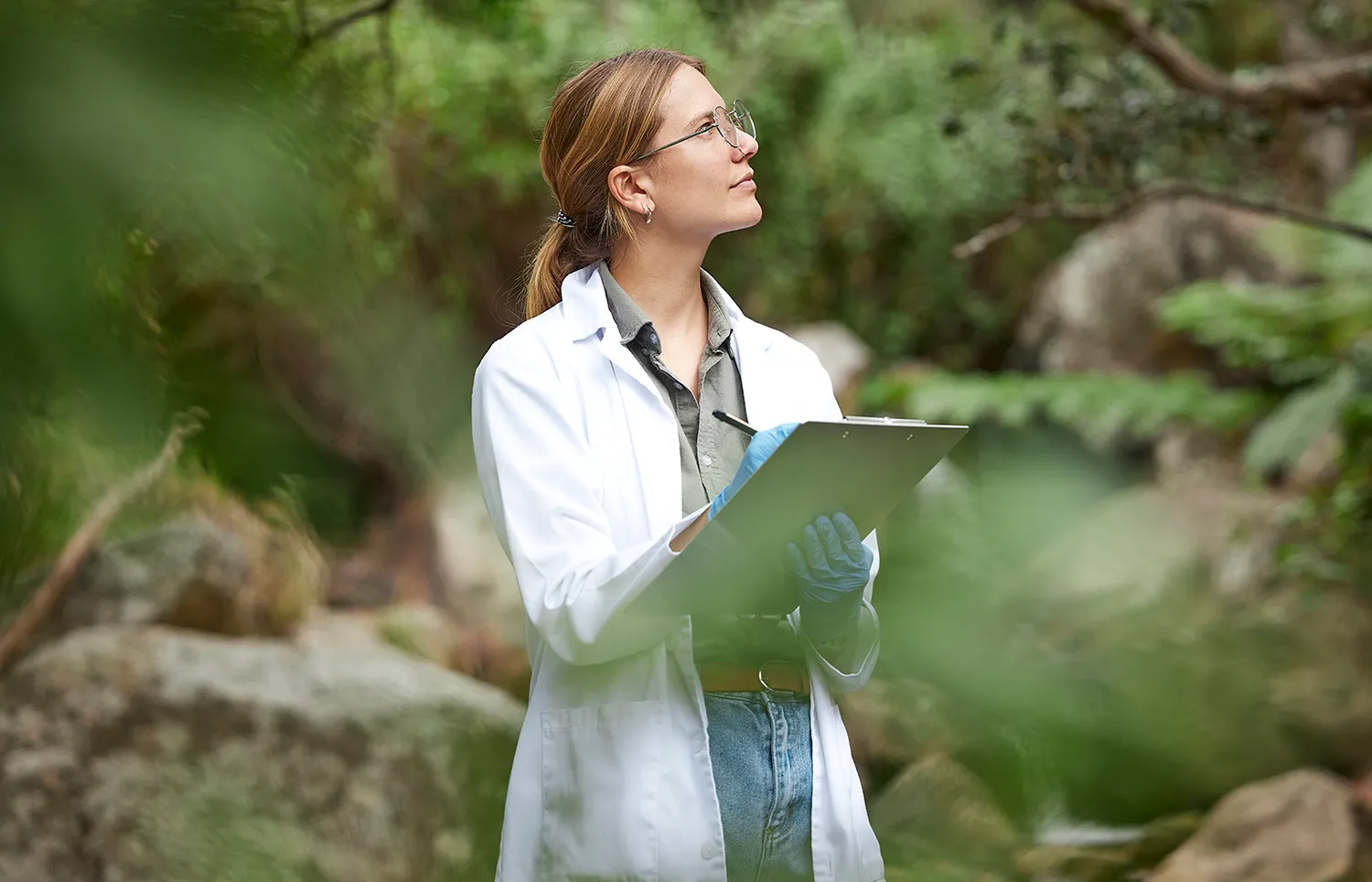
Digital Solutions
One promising approach is the use of digital technologies in agriculture, which boosts efficiency across the sector. Central topics included smart farming technologies that digitize fields with big data, IoT sensors, and satellite monitoring to continuously track soil and crop conditions while saving resources.
Examples include water-saving irrigation systems that deliver precise, AI-controlled hydration. Another focus was fast-track breeding of climate-resistant crop varieties using digital tools—crops capable of maintaining yields under climate stress.
Researchers from the North Caucasus Federal Agricultural Research Center presented work on “Digital Tools and Automation as a Factor in Climate Resilience and Food Security in the Dairy Sheep Sector.”
Biological methods for plant protection were also highlighted as safer, eco-friendly alternatives to chemical treatments.
Young scientists took center stage in the Sirius project intensive “Agriculture in a Changing Climate,” which involved over 250 students and graduate students from 44 universities. Russian Minister of Agriculture Oksana Lut personally reviewed the student projects selected for presentation.
Development of New Technologies
For Russia, the conference served as a platform to synchronize R&D with ongoing programs aimed at adapting agriculture to extreme weather. Automation is advancing rapidly, cutting costs and optimizing resource distribution—especially water.
“If implemented properly, automation of equipment and farming techniques can deliver significant gains: reducing crop losses by 20–30% through early problem detection, saving resources (water, fertilizers, fuel) by 15–25%, and increasing yields by 10–40% depending on crop and region,” noted Anastasia Medvedeva, researcher at the AI Lab of Plekhanov Russian University of Economics. These figures may vary based on algorithm quality and local climate.
The push toward resilient crops, water-saving systems, and AI-driven precision farming reduces harvest risks, increases production, and helps keep food prices stable—critical for consumers worldwide.
Food and Technology Exports
The ICECC agenda aligned with the COP28 UAE Declaration on Sustainable Agriculture, Resilient Food Systems, and Climate Action. That declaration emphasizes climate adaptation, food security, nutrition, and sustainable water use in agriculture.
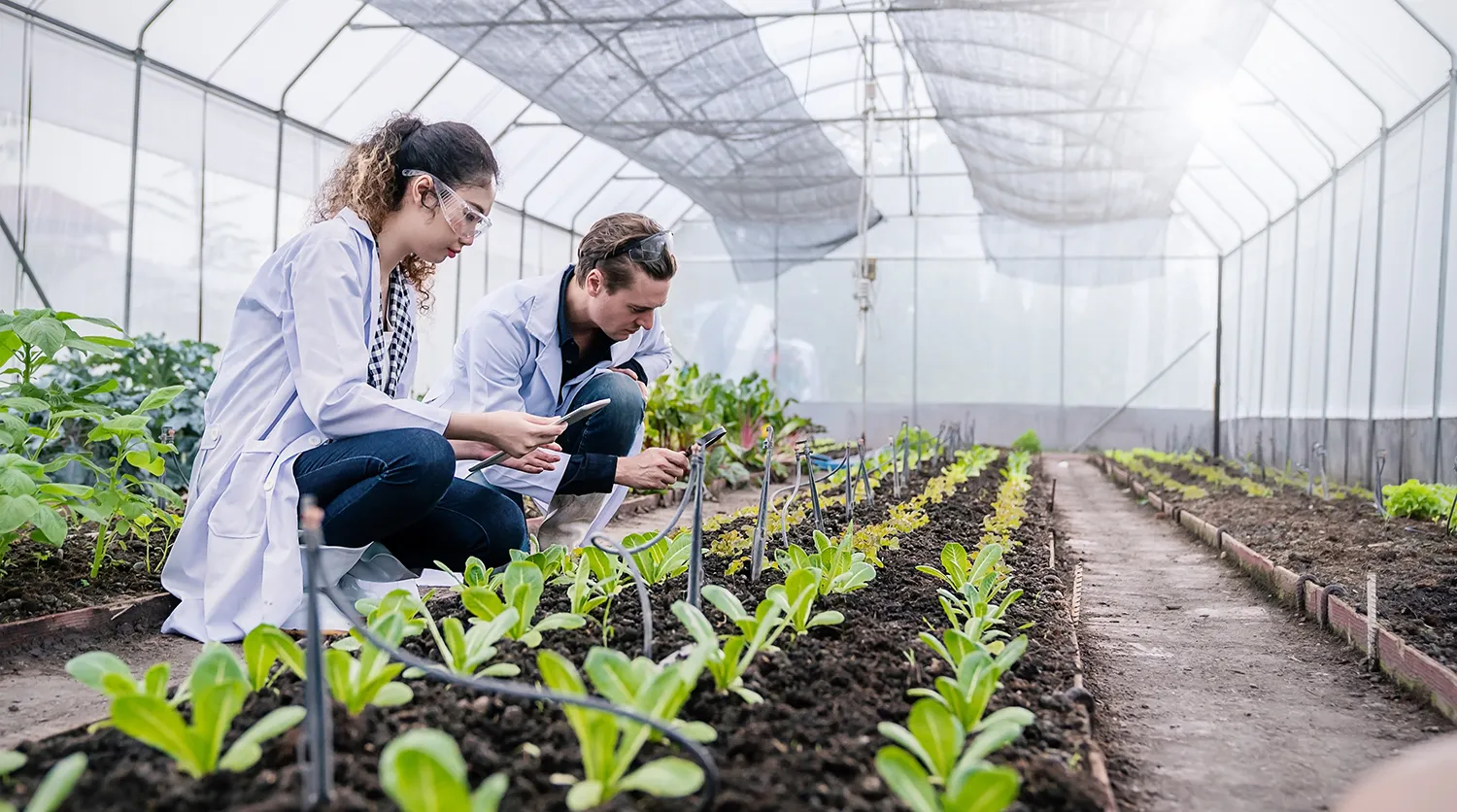
Russia already plays a central role in global food security, remaining the world’s largest wheat exporter for nine consecutive years.
Now, the country is also scaling exports of agri-tech solutions designed to adapt production to climate change. Russian seeds, bioproducts, AI-driven farm management services, software, analytics, and even autonomous farm machinery are being shipped to CIS states, the Global South, the U.S., Canada, and South Africa. Ongoing scientific advances and the rise of new research teams will further accelerate this process.










